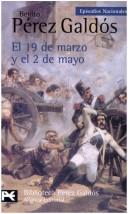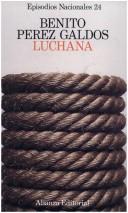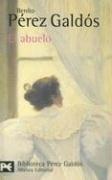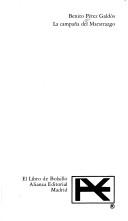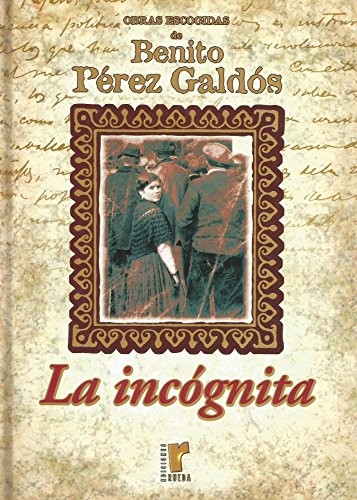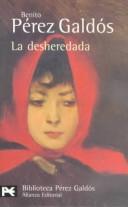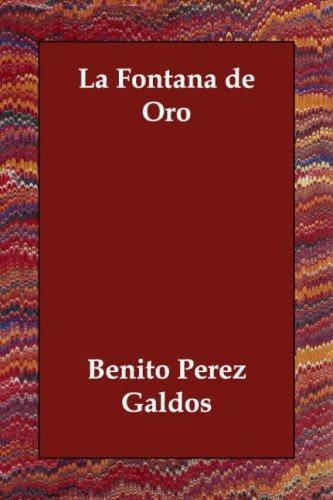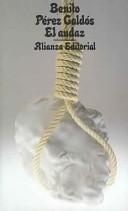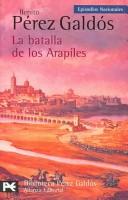Benito Pérez Galdós (May 10, 1843 – January 4, 1920) was a Spanish realist novelist. He was the leading literary figure in 19th-century Spain, and some scholars consider him second only to Miguel de Cervantes in stature as a Spanish novelist.Pérez Galdós was a prolific writer, publishing 31 novels, 46 Episodios Nacionales (National Episodes), 23 plays, and the equivalent of 20 volumes of shorter fiction, journalism and other writings. He remains popular in Spain, and is considered as equal to Dickens, Balzac and Tolstoy. Some of his works have been translated into English, as he has slowly become popular in the Anglophone world. While his plays are generally considered to be less successful than his novels, Realidad (1892) is important in the history of realism in the Spanish theatre. The Pérez Galdós museum in Las Palmas, Gran Canaria features a portrait of the writer by Joaquín Sorolla. He came to be nominated for the Nobel Prize for Literature in 1912, but his anticlericalism caused him to be successfully boycotted by the most conservative sectors of Spanish society, represented in traditionalist Catholicism, who did not recognize his intellectual and literary value.He had a great fondness for politics, although he did not …
Benito Pérez Galdós
Author details
- Born:
- March 17, 1843
- Died:
- March 17, 1920
External links
Benito Pérez Galdós (May 10, 1843 – January 4, 1920) was a Spanish realist novelist. He was the leading literary figure in 19th-century Spain, and some scholars consider him second only to Miguel de Cervantes in stature as a Spanish novelist.Pérez Galdós was a prolific writer, publishing 31 novels, 46 Episodios Nacionales (National Episodes), 23 plays, and the equivalent of 20 volumes of shorter fiction, journalism and other writings. He remains popular in Spain, and is considered as equal to Dickens, Balzac and Tolstoy. Some of his works have been translated into English, as he has slowly become popular in the Anglophone world. While his plays are generally considered to be less successful than his novels, Realidad (1892) is important in the history of realism in the Spanish theatre. The Pérez Galdós museum in Las Palmas, Gran Canaria features a portrait of the writer by Joaquín Sorolla. He came to be nominated for the Nobel Prize for Literature in 1912, but his anticlericalism caused him to be successfully boycotted by the most conservative sectors of Spanish society, represented in traditionalist Catholicism, who did not recognize his intellectual and literary value.He had a great fondness for politics, although he did not consider himself a politician. His political beginnings were liberal, later embracing moderate republicanism and, later, socialism under the leadership of Pablo Iglesias Posse. In his liberal beginnings he joined the Sagasta Progressive Party and in 1886 he became a deputy for Guayama, Puerto Rico, in the courts. At the beginning of the 20th century he joined the Republican Party and in the legislatures of 1907 and 1910 he was a deputy to the Cortes for Madrid for the Conjunción Republicano Socialista; in 1914 he was elected deputy for Las Palmas.


